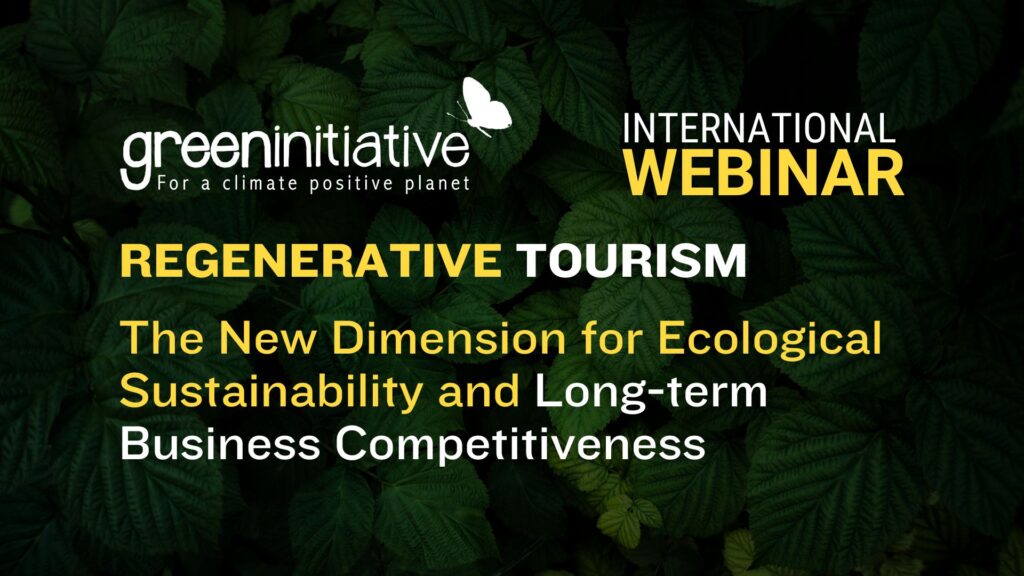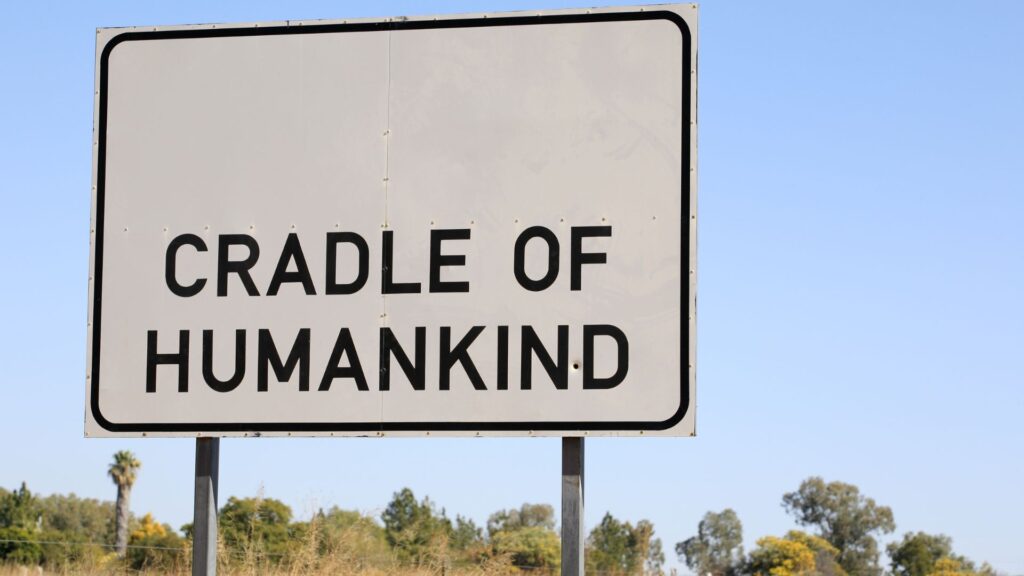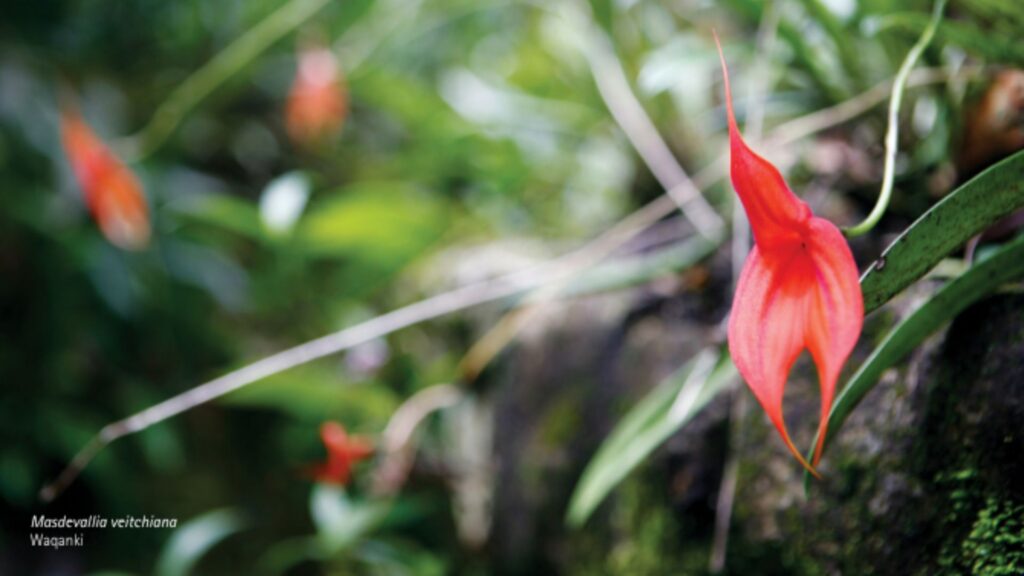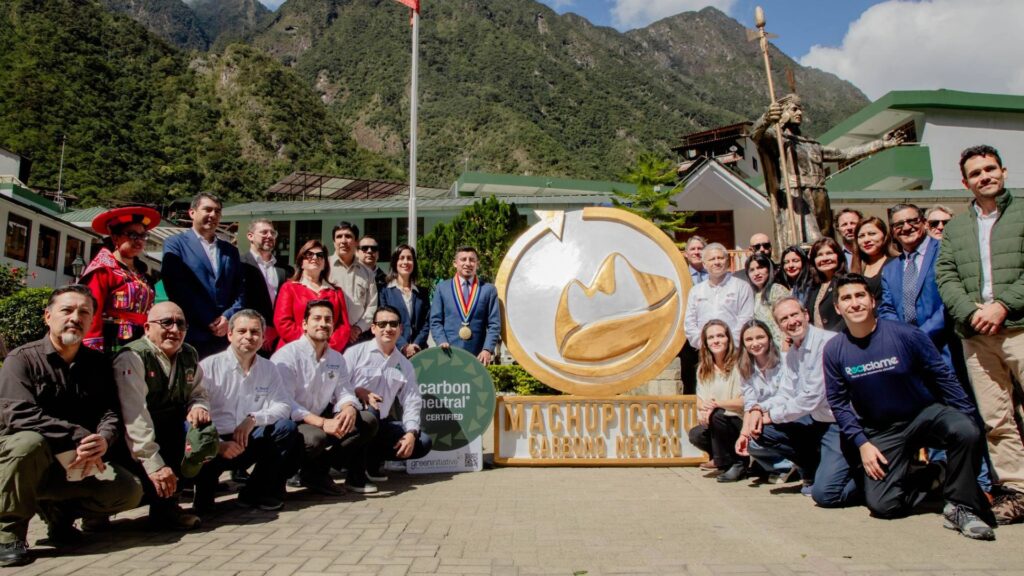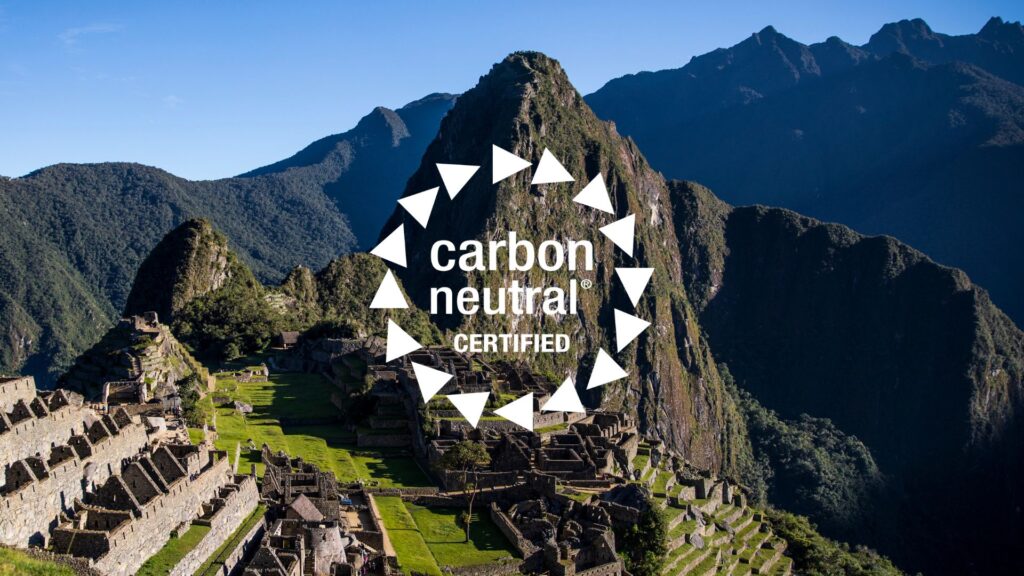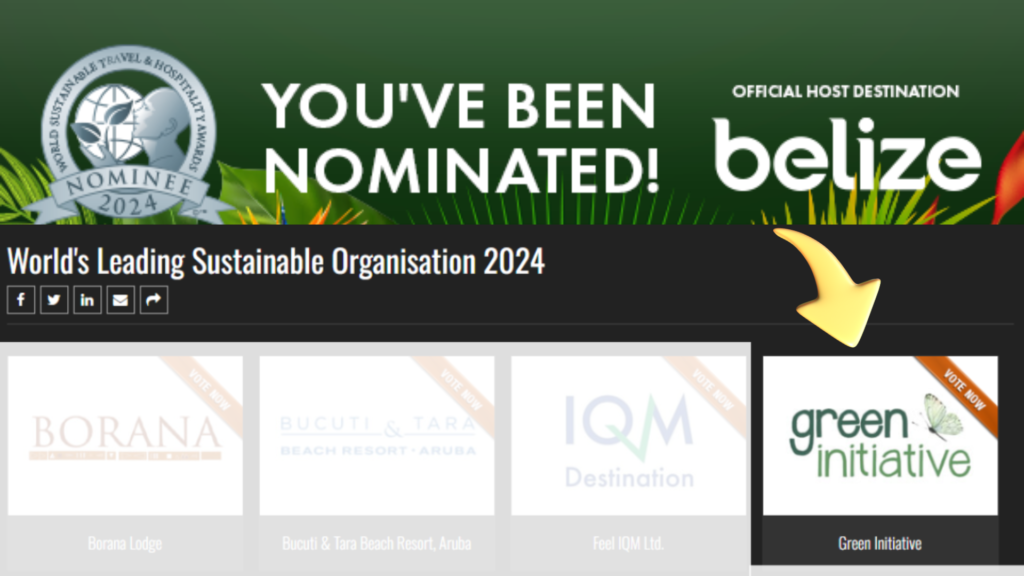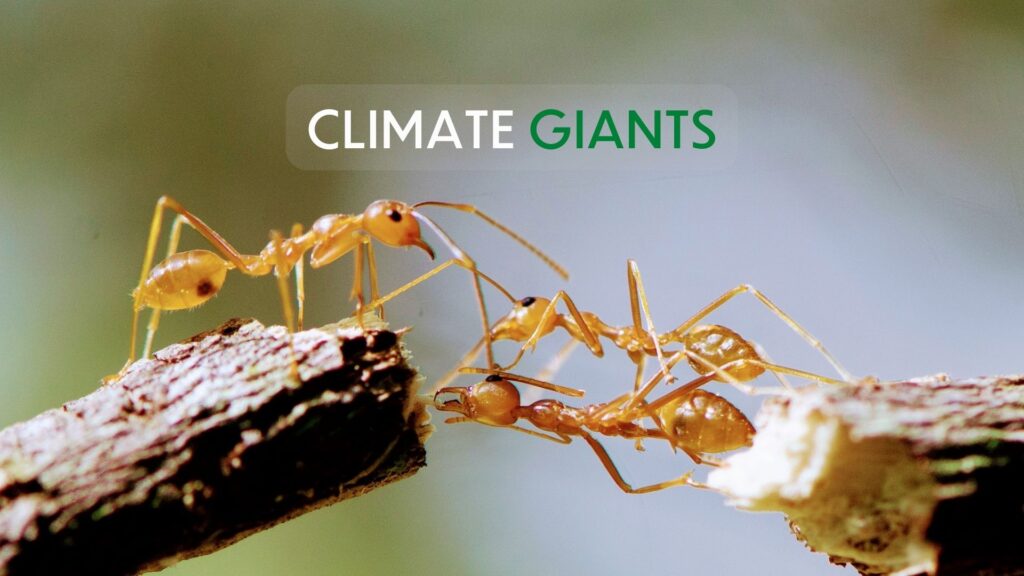Kuoda Travel Obtains Climate Positive Certification, Reaffirming Its Leadership in Sustainable Tourism
Kuoda Travel, a leading travel agency specializing in creating personalized experiences in South America, has achieved the prestigious Climate Positive certification by Green Initiative. This recognition goes beyond carbon-neutral status and positions the company as a pioneer in sustainable tourism in the region. Since 2014, Kuoda Travel has worked closely with Green Initiative to measure and manage its carbon footprint. This involves a comprehensive assessment of all the emissions generated by its operations, including transportation, accommodations, and activities. Furthermore, engaging in initiatives to offset and mitigate these emissions, such as supporting reforestation projects and investing in renewable energy. The agency had previously obtained Carbon Neutral certification after meticulously measuring and offsetting its carbon footprint through sustainable regional projects. With the recent attainment of the Climate Positive certification, Kuoda neutralizes its greenhouse gas emissions and creates a positive impact on the environment. The Climate Positive certification was obtained after measuring and offsetting 100% of the emissions generated in 2023, with the additional contribution of tree planting in critical areas for ecosystem restoration, such as in Madre de Dios, Peru. This achievement reflects Kuoda Travel’s unwavering commitment to protecting the natural environment and its long-term vision to drive positive change in the tourism industry. “At Kuoda Travel, we have always believed in the importance of traveling consciously, respecting, and preserving the natural wonders we explore with our clients” said Mery Calderón, founder and director of Kuoda Travel. “This commitment is reflected in our tourism operations and the events and activities we organize. By becoming a Climate Positive company, we are not only maintaining our commitment to carbon neutrality but also striving to create a real and lasting impact for future generations.“ Kuoda Travel continues solidifying its leadership in sustainable tourism with a range of initiatives. These include ecosystem restoration projects, supporting renewable energy projects by purchasing carbon credits, promoting regenerative tourism that benefits local communities and the environment, and implementing responsible practices in its operations, such as waste reduction and energy efficiency measures. These initiatives are part of their ongoing commitment to sustainability and belief that responsible tourism can make a positive impact on the world. About Kuoda Travel Founded in 2008, Kuoda Travel is a luxury travel agency based in Cusco, Peru, specializing in designing unique and personalized experiences in South America. The name Kuoda evokes expansion, improvement, learning, and growth, values that guide the company in its meticulous approach to attention to detail and sustainability. Over the years, they have been recognized for excellence in service and unwavering commitment to responsible tourism practices. This commitment has led them to set new standards in the industry, ensuring a responsible and sustainable travel experience for their clients. Their recent achievement of the Climate Positive certification is a testament to this commitment and long-term vision to drive positive change in the tourism industry.For more information, visit https://www.kuodatravel.com/about-us/. Written by Virna Chávez, from the Green Initiative Team.


